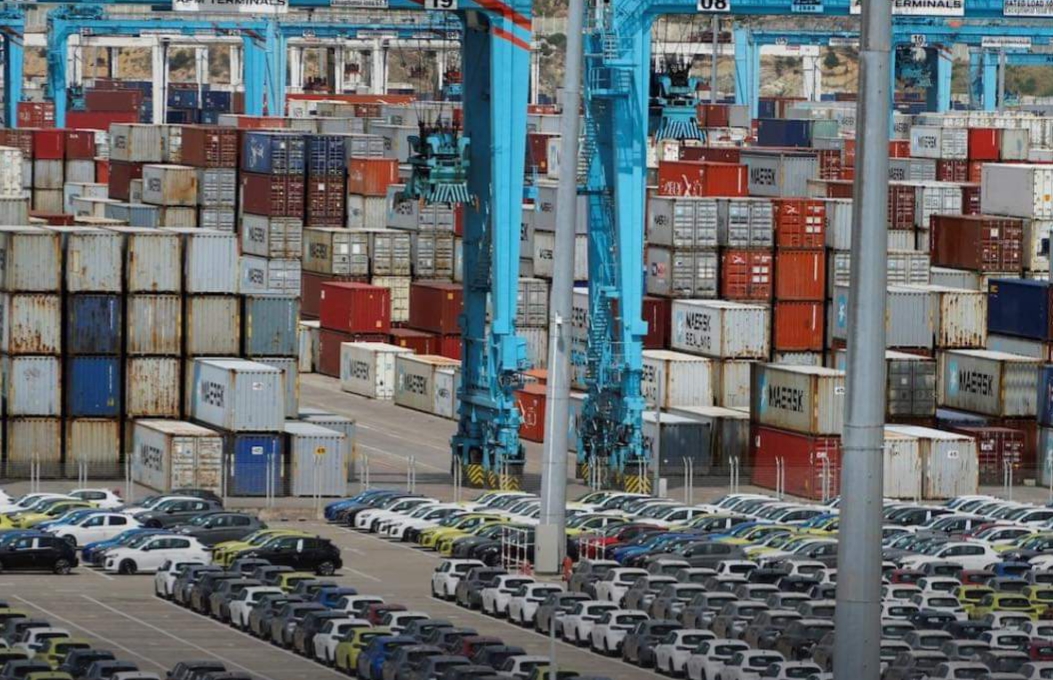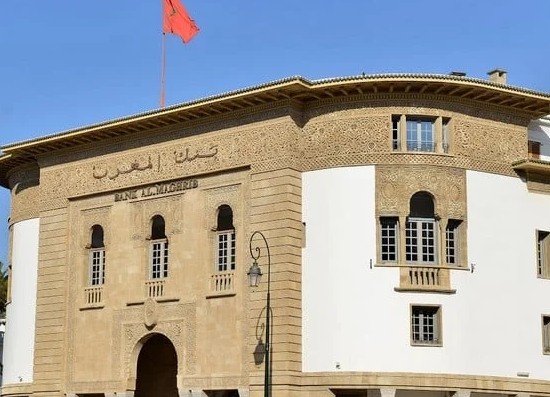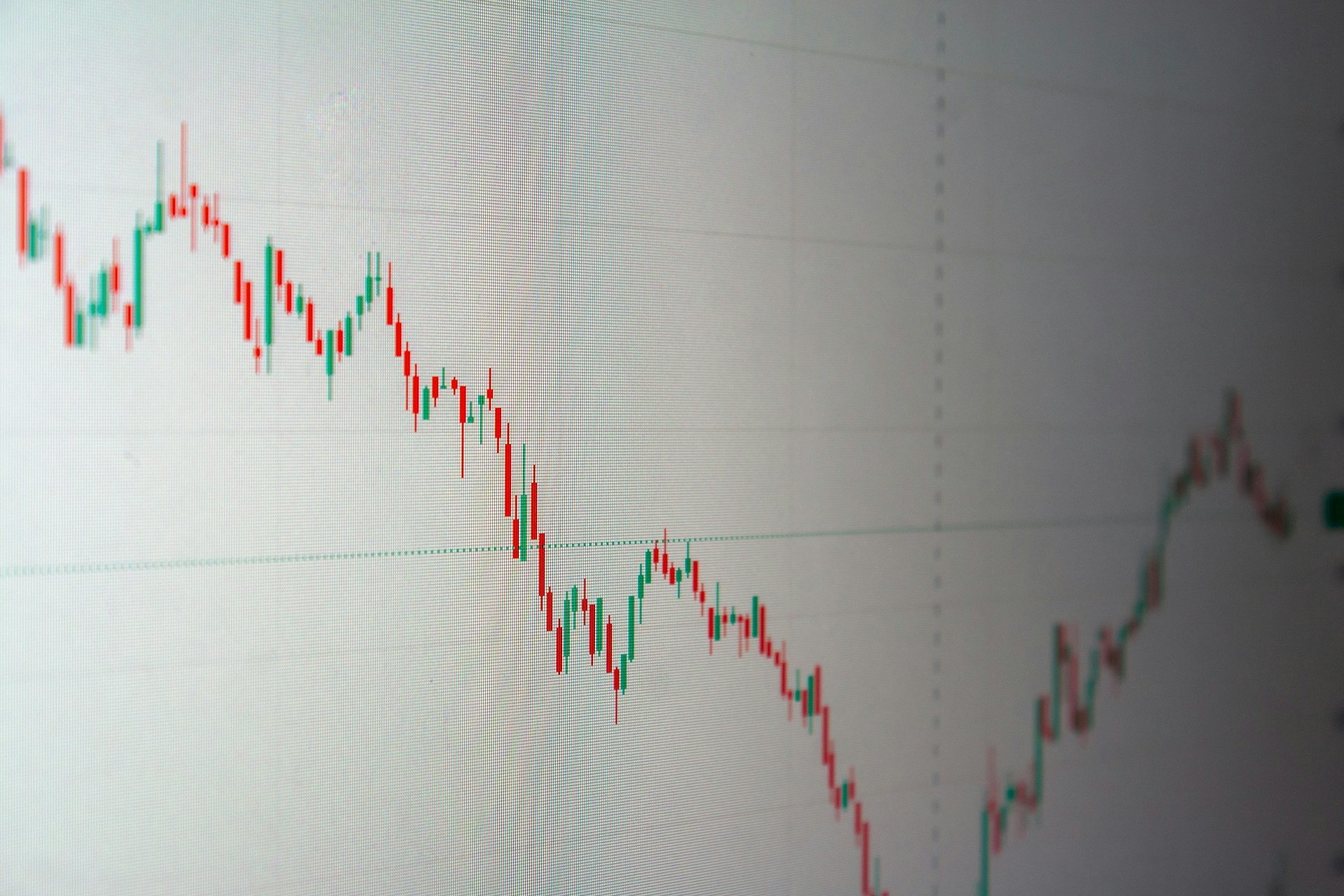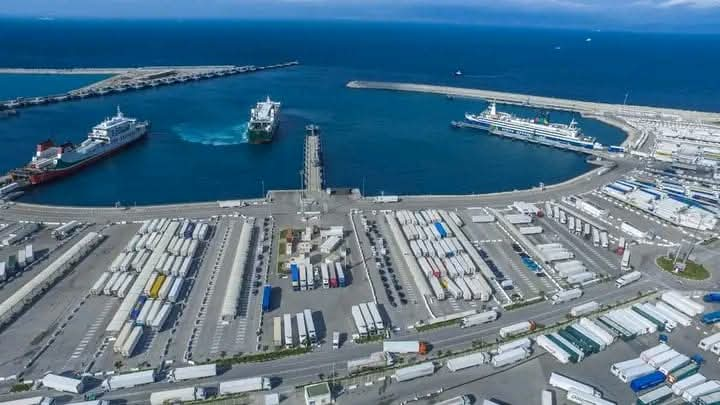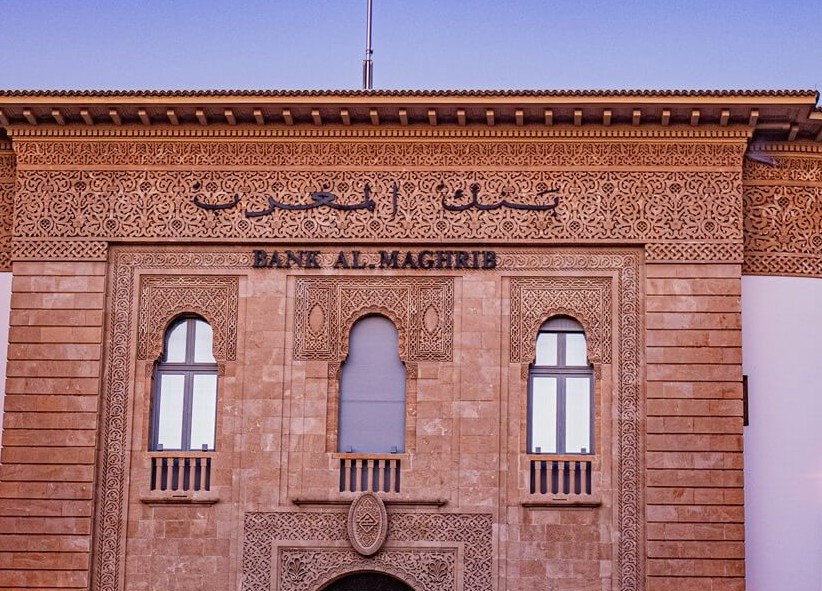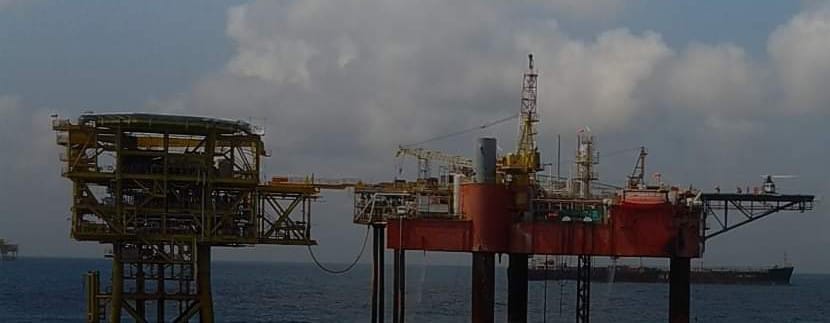Casablanca – Fitch Solutions has released a report offering a cautiously optimistic view of Morocco’s economic prospects. According to the latest analysis, Morocco is expected to see a reduction in its current account deficit, with a forecast decline from 2.4% of GDP in the first half of 2024 to 1.4% in the latter half of the year. This improvement is attributed primarily to increased phosphate exports, although other export sectors remain underperforming, and remittances are subdued due to weak growth in the Eurozone.
Economic growth and trade dynamics
The report predicts that Morocco’s economic growth will accelerate, reaching 3.1% in the second half of 2024. This upturn is supported by several factors, including reductions in interest rates, lower inflation, and an expansionary fiscal policy. However, Fitch Solutions notes that goods imports are expected to surpass exports during this period, driven by heightened domestic demand.
Long-term optimism for 2025
Looking further ahead, Fitch Solutions paints a more optimistic picture for 2025. The report forecasts a further narrowing of the current account deficit to 1% of GDP. This positive outlook is underpinned by anticipated improvements in the Eurozone’s economic performance, a better agricultural season, and lower energy prices, which are expected to enhance foreign exchange reserves and import coverage.
Challenges and risks
Despite these positive indicators, the report also highlights several challenges. The potential exacerbation of the deficit could result from regional tensions and fluctuations in global energy prices. The analysis points to ongoing vulnerabilities in Morocco’s export sectors, including weaker performance in non-phosphate minerals and other goods.
Fitch Solutions also underscores that while the recovery in phosphate exports and the strong performance of the automotive sector provide some relief, overall export growth remains modest. Specific sectors, such as metals, electronics, and textiles, continue to face declines in export volumes.
Implications for agriculture and water management
The report reflects broader concerns about water scarcity, especially in agriculture, which remains particularly vulnerable despite advancements in desalination technology. Morocco’s recent investment in desalination is a promising development, aimed at supporting the agricultural sector and addressing water shortages.
Fitch Solutions’ analysis presents a nuanced view of Morocco’s economic landscape. While the country shows signs of improvement in its current account deficit and economic growth, it faces ongoing risks related to trade imbalances and external economic factors. The positive forecast for 2025 is tempered by the need to address underlying vulnerabilities and manage the impacts of global economic trends and regional dynamics.






